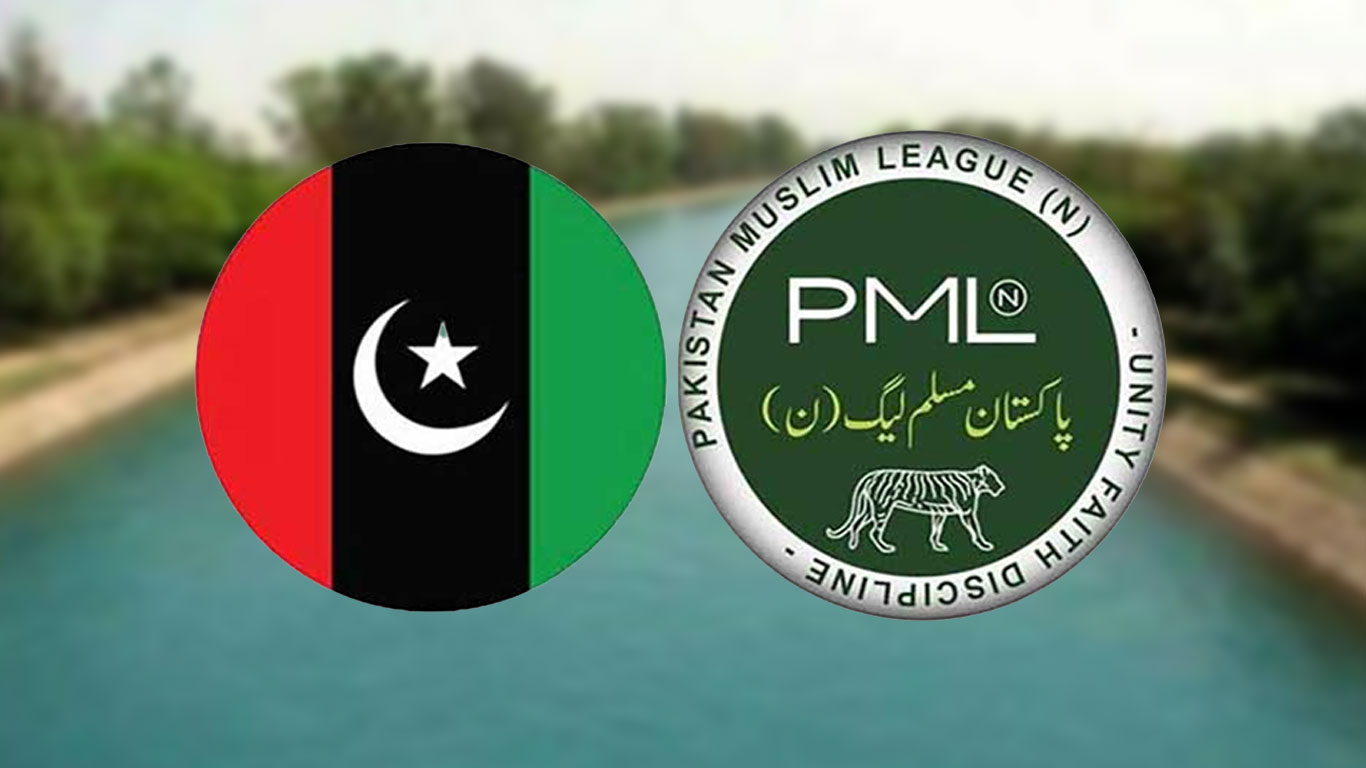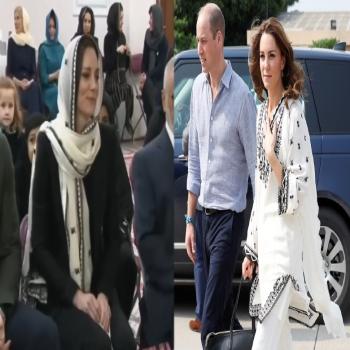Backroom negotiations between the Pakistan Peoples Party (PPP) and the Pakistan Muslim League-Nawaz (PML-N) over the construction of new canals as well as convening a Council of Common Interests (CCI) meeting are currently underway.
Prime Minister Shehbaz Sharif himself is taking steps to resolve the PPP's concerns. He has been in direct talks with Sindh Chief Minister Murad Ali Shah and the top PPP leadership to come up with an amicable solution through consensus. Even though the PML-N holds a majority in the CCI, the premier is choosing dialogue over confrontation, stressing cooperation among all provinces before the final decision.
The previous CCI meeting was held on January 29, 2024, and ever since, the PPP has been insisting on another session to address key issues, especially water resource management and canal construction.
The controversy intensified following Sindh CM Murad Ali Shah’s public opposition to the construction of the Cholistan Canal, claiming that it endangers Sindh's water rights and the Indus River’s ecological balance. Speaking to senior journalists in Karachi, Shah reaffirmed his province's hardline position, stating that any non-provincial consensus-based unilateral development of water projects would be opposed.
The Indus River is the lifeline of Sindh, and any action that cuts off its water supply will not be accepted. Just as we resisted the Kalabagh Dam, we will resist this project too," he claimed.
He particularly questioned the Indus River System Authority (IRSA) on what he asserted were misleading water flow statistics employed to support the project. He also opposed Punjab's move to allocate land for corporate farming through the Green Pakistan Initiative, asserting that such projects should be equitably distributed among all the provinces.
Murad Ali Shah called upon Prime Minister Shehbaz Sharif to make a formal announcement that the federal government will not back the Cholistan Canal project. He cautioned that not doing so would lead to rising tensions, making the project a national controversy like the Kalabagh Dam controversy.
The then-President Asif Ali Zardari had also expressed objections to the project in a joint sitting of parliament, supporting the PPP position. Shah accused opposition forces of attempting to destabilise the federal government and warned the PPP to act prudently to protect Sindh's interests.
"This government cannot survive without the PPP. We will go to any length to safeguard Sindh's rights," Murad Ali Shah asserted, suggesting the party could take up the issue with the Council of Common Interests (CCI) and the Economic Coordination Committee (ECC).
Highlighting Sindh's deteriorating water crisis, Shah mentioned that the flow of the Indus River has phenomenally decreased in the last 25 years. He argued that Sindh possessed more agricultural land than Punjab during the period preceding Pakistan's independence, but that engineering choices down the years had prejudiced Sindh. He promised to battle the problem legally and constitutionally, making sure Sindh's voice is heard at the top.
rn





